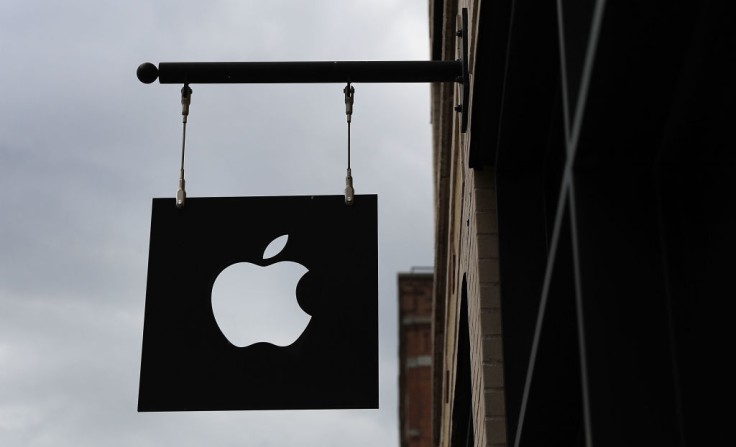Apple has shut down its "Buy Now, Pay Later" program to US customers as the tech giant plans to launch another loan installment method.
Apple confirmed the closure of its "Pay Later" program to TechCrunch on Monday, claiming that the new loan offering will bring "flexible payments to more users."

In its place, the new loan installment method would utilize the third-party app Affirm to access and apply for loans. US users can use the app to make transactions with Citi, Synchrony, and loan providers with Fiserv.
The "Pay Later" only lasted a little over a year since the company first unveiled the program during the 2023 Worldwide Developers Conference as a way for users to split payments over six weeks with no interest rates.
The discontinuation of Apple's "Pay Later" program came as US regulators moved to classify "Buy Now, Pay Later" services as credit card utilities.
'Buy Now, Pay Later' Services Now Classified as Credit Card Lenders
Last May, the Consumer Financial Protection Bureau declared the re-classification of BNPL services as part of credit card lenders in a move to ease consumers' debts from online purchases.
The CFPB claimed the decision was made in response to growing concerns about consumers accumulating too much debt and payment delinquencies on BNPL services.
For companies with BNPL services like Apple, the re-classification would mean that the tech giant would need to comply with stricter credit card regulations.
Relegating payment methods through an already-established BNPL service provider would lessen regulatory scrutiny on the company which is already facing several litigations over its services and product offerings.
Related Article : Apple Now Includes Used Parts for iPhone Self-Repair Program
US Regulators Crack Down on Apple Ecosystem
It can be remembered that Apple is still facing several lawsuits concerning anti-trust practices harming both consumers and developers.
Earlier in March, the Department of Justice sued Apple over allegations of maintaining a monopoly in the smartphone market.
According to the lawsuit, Apple illegally maintains control over its smartphone ecosystem by "selectively imposing contractual restrictions" on its app developers.
In turn, this allows Apple to have more power to demand bigger cuts from developers and publishers using its required payment service for all apps in its App Store.
This is in addition to the revival of its lawsuit against Epic Games alleging the tech giant of a bad-faith attempt to limit its non-Apple payment methods within its phone's exclusive ecosystem.









